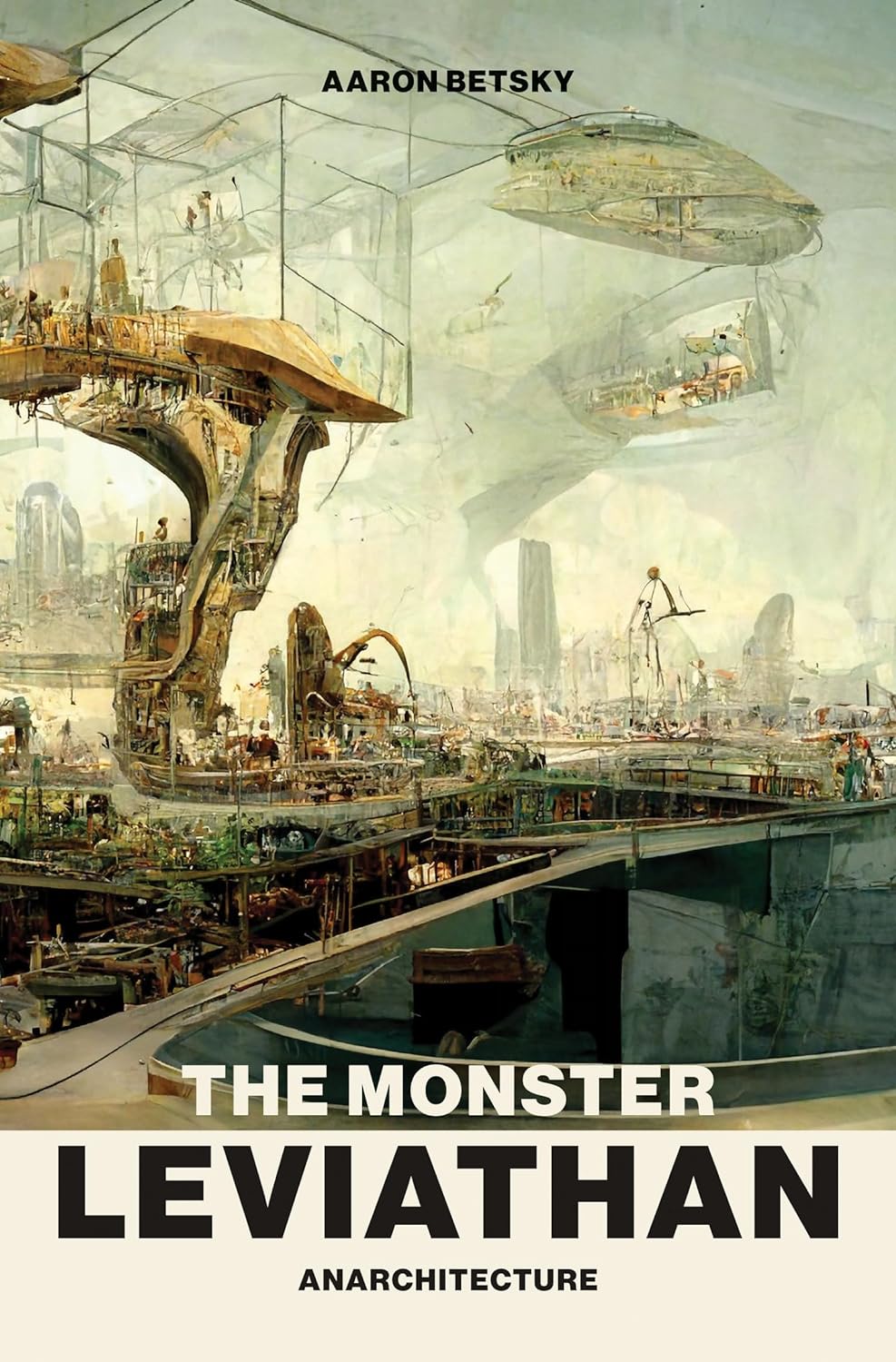
Categorii: Necatalogate, Neclasificat
Limba: Engleza
Data publicării: 2024
Editura: MIT Press
Tip copertă: Paperback
Nr Pag: 480
ISBN: 9780262546331
Dimensiuni: l: 16cm | H: 24.1cm | 3.3cm | 369g

Visionary proposals for a mythic and strange architecture--or anarchitecture--through which we can imagine other and better worlds.
Lurking under the surface of our modern world lies an unseen architecture--or anarchitecture. It is a possible architecture, an analogous architecture, an architecture of anarchy, which haunts in the form of monsters that are humans and machines and cities all at once; or takes the form of explosions, veils, queer, playful spaces, or visions from artwork and video games. In The Monster Leviathan, Aaron Betsky traces anarchitecture through texts, design, and art of the twentieth and early twenty-first century, and suggests that these ephemeral evocations are concrete proposals in and of themselves. Neither working models nor suggestions for new forms, they are scenes just believable enough to convince us they exist, or just fantastical enough to open our eyes.
The Monster Leviathan gives students and lovers of architecture, as well as those hoping to construct a better, more sustainable, and socially just future, a set of tools through which they can imagine that such other worlds are possible. As Betsky eloquently articulates, anarchitecture already exists and does not exist at all. It is the myth of building, and all we have to do is find it.